One afternoon in August 1978, Geoffrey Howe and Leon Brittan were flying from Beijing to Shanghai. They were on the last leg of what was for both of them the first of many official visits to China. Soon they would be ministers in Margaret Thatcher’s first government, but at the time they were still in opposition. As first secretary in the British embassy, I was accompanying them, and I told them that I had heard on the grapevine that Holy Trinity’s Anglican cathedral in Shanghai was in the process of being reopened after 12 years in which every place of worship in China had been closed, and every faith persecuted. ‘Roger, that cannot be right,’ Geoffrey Howe declared; ‘this is a communist country.’ But we asked our Chinese hosts about it, and within an hour of landing we were ushered into the soaring Gothic cathedral. Over dinner, the deputy mayor of Shanghai assured us that the reopening was in line with government policy. The Reform Era was getting underway.
Since then, China has moved from zero tolerance of worship to more than 350 million believers in Buddhism, Taoism, Christianity and Islam. In an era in which religion was expected by many to become extinct, this is a stunning development. It has happened in a country where the policies of the regime range from grudging tolerance to heavy-handed oppression. We need to understand the explosion of religious faith in China. Ian Johnson’s excellent book explains it.
He depicts a nation in deep moral crisis, quoting a 2014 official opinion poll in which 88 per cent of respondents agreed that society was suffering from ‘a social disease of moral decay and lack of trust’; and he cites a bestselling novelist who writes of ‘a tide of lust and greed’ surging from every corner of his home city, Chengdu. A Communist Party communiqué laments that ‘in a number of areas, morals are defeated, sincerity is lacking’. Referring to the party’s promotion of moral exemplars, a blogger tells Johnson: ‘Everything they teach you is fake.’ A Christian publisher says: ‘People can’t believe how corrupt society has become.’ In a society once ruled more by ethics than laws, in which religion and community cohesion were inseparable, people regret ‘the absence of a moral compass’.
In this crisis, Johnson shows that people are turning to religions in search of moral clarity, truth and a meaning to their lives. At a spiritual level, like believers everywhere, they have an impulse to believe in God. At a social level, especially in Christian ‘house churches’, unregulated by the state, and self-governing, they find mutual trust and shared values, communities which combine faith and action. An estimated quarter of the lawyers active in the ‘rights defence’ movement of the early 21st century were Christians.
Johnson is one of the finest practitioners of reportage on the China scene. With great dedication, he spent years gaining the trust and friendship of a Beijing Buddhist pilgrimage association, a family who for nine generations have been serving villages in rural Shanxi as masters of ceremony and musicians at Daoist funerals, and a ‘house church’ in Chengdu, capital of Sichuan. He skilfully relates his vivid reportage to the wider political and social context.
A Harvard graduate raised in a Christian family, Johnson seems most at home with the Chengdu Christians, whose pastor is a former human rights lawyer. This church is neither authorised nor forbidden by the government. It operates under the watchful eye of the police, to whom it declares the number and identity of those who worship in it. Pastor Wang is the forceful leader of a regular congregation of nearly 400, an eloquent preacher, a man of strong faith and great vision. His church displays a timeline of Protestant Christian history that is sharply at odds with the government version of the past; it even includes a revered preacher who spent decades in a prison camp. At Christmas, posters tell of the key role Christianity played in the modernisation of Chengdu. But Wang steers clear of politics. The church gives financial support to the families of political prisoners, but does not campaign for their release.
In a nation where civil society is very constrained, unregulated churches like Pastor Wang’s are authentic communities, attractive to well-educated young city-dwellers. China’s estimated 70 million Christians equal the Communist Party’s 70 million members, and they are motivated by faith, not self-interest. The Communist Party has a monopoly of state power — but will that alone ensure victory in the struggle for the spirit of China?
Got something to add? Join the discussion and comment below.
Get 10 issues for just $10
Subscribe to The Spectator Australia today for the next 10 magazine issues, plus full online access, for just $10.
You might disagree with half of it, but you’ll enjoy reading all of it. Try your first month for free, then just $2 a week for the remainder of your first year.

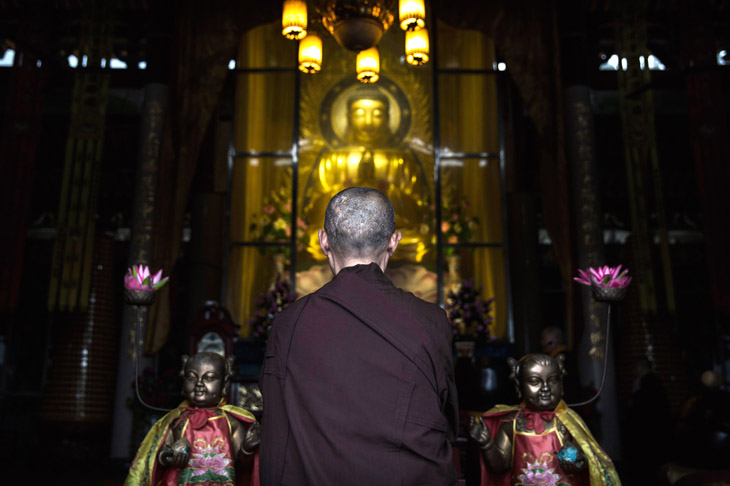
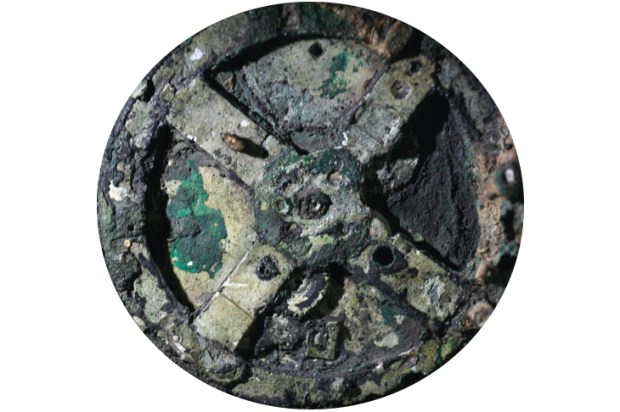
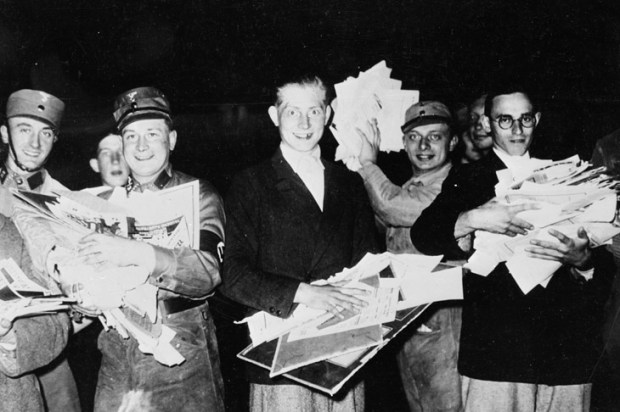
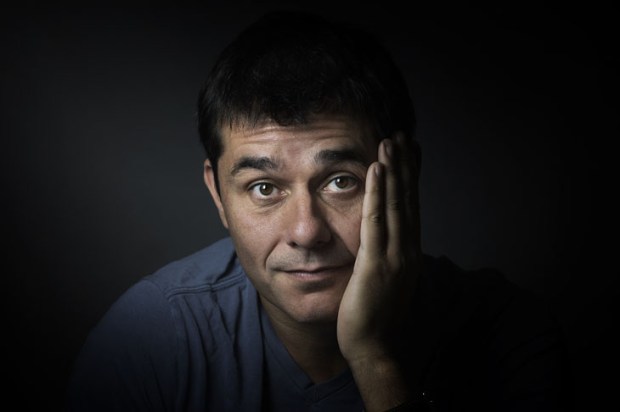
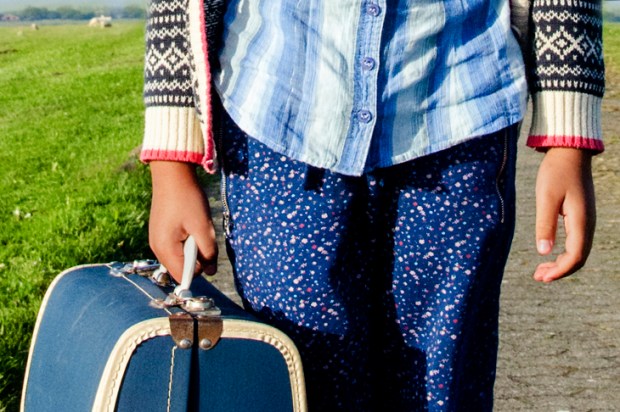
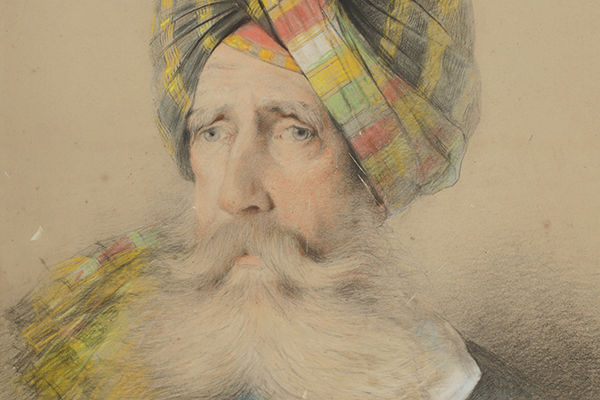
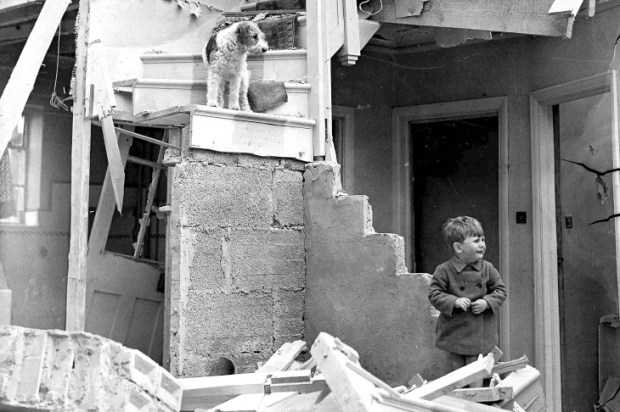






Comments
Don't miss out
Join the conversation with other Spectator Australia readers. Subscribe to leave a comment.
SUBSCRIBEAlready a subscriber? Log in